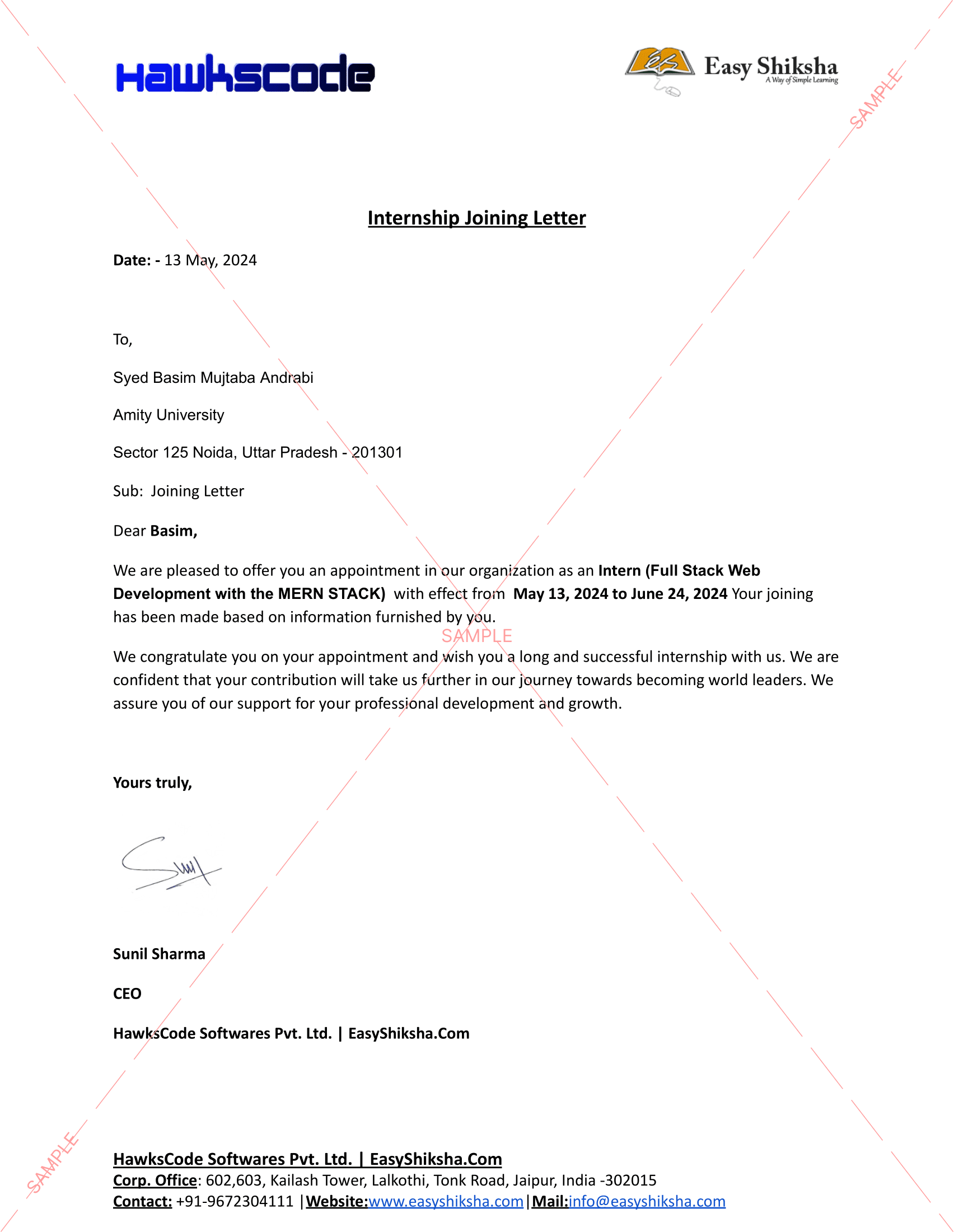Effective communication is the backbone of successful business management. It’s the foundation upon which strong relationships, productive teams, and impactful decision-making are built. In today’s fast-paced, dynamic business landscape, organizations that prioritize and master communication skills often outshine their competitors.
If you’re looking to enhance your business management prowess, easyshiksha.com offers a comprehensive suite of communication-focused courses that can help you unlock new levels of success. Here are 6 essential strategies for effective communication in business management:
Top Courses in Business and Management
 Online Courses with Certification
Online Courses with Certification
Develop Active Listening Skills:
Truly effective communication is a two-way street. Successful business leaders understand the importance of actively listening to their employees, clients, and stakeholders. By demonstrating genuine interest, asking thoughtful questions, and attentively absorbing the information shared, you can build trust, foster deeper connections, and gain invaluable insights that inform better decision-making.
Clearly Define Objectives and Expectations:
Ambiguity and misalignment can be significant barriers to effective communication. As a business manager, it’s crucial to clearly articulate your objectives, expectations, and the desired outcomes for your team and organization. Provide clear instructions, set measurable goals, and ensure everyone is on the same page to maximize productivity and minimize confusion.
Embrace Diverse Communication Styles:
People have different communication preferences and styles. Some thrive on face-to-face interactions, while others may prefer written communication or virtual meetings. Effective business managers recognize and adapt to these diverse styles, ensuring that their message is delivered and received effectively by all team members.
Foster Open and Transparent Communication:
Cultivate an environment of open and transparent communication within your organization. Encourage your team to share their ideas, concerns, and feedback openly, without fear of judgment or repercussions. This not only helps identify potential issues early but also empowers employees, boosts morale, and fosters a culture of collaboration and trust.
Leverage Technology and Digital Tools:
In the digital age, business communication has evolved significantly. Leverage technology and digital tools to enhance the effectiveness of your communication strategies. From videoconferencing and instant messaging to project management platforms and virtual collaboration spaces, these tools can help you streamline communication, improve efficiency, and foster better teamwork.
Continuously Refine and Improve:
Effective communication is an ongoing process, not a one-time event. Regularly review your communication strategies, seek feedback from your team and stakeholders, and identify areas for improvement. Continuously refine your approach to ensure that your communication remains relevant, impactful, and aligned with the evolving needs of your business.
By implementing these six strategies, you can unlock the true power of effective communication in your business management endeavors. easyshiksha.com’s communication-focused courses can provide you with the knowledge, skills, and tools needed to elevate your communication prowess and drive your organization towards greater success.

FAQ: Frequently Asked Questions
Q1. Why is effective communication important in business management?
A1. Effective communication is essential in business management because it:
- Helps build strong relationships and foster trust with employees, clients, and stakeholders.
- Facilitates better teamwork, collaboration, and alignment within the organization.
- Improves decision-making by ensuring clear objectives, expectations, and understanding.
- Enhances productivity, efficiency, and overall business performance.
Q2. What are the key elements of effective communication in business?
A2. The key elements of effective communication in business include:
- Active listening
- Clear articulation of objectives and expectations
- Adaptability to diverse communication styles
- Fostering an environment of open and transparent communication
- Leveraging technology and digital tools
- Continuously refining and improving communication strategies
Q3. How can easyshiksha.com help improve communication skills in business management?
A3. easyshiksha.com offers a range of communication-focused courses that can help business managers improve their communication skills, including:
- Interpersonal communication skills
- Effective presentation and public speaking
- Written communication for business
- Leadership communication
- Conflict resolution and negotiation
Also Read: Networking Reinvented: How Free Internships in Online Courses Propel Success
Get Courses: data science course
Conclusion:
Effective communication is the lifeblood of successful business management. By mastering the six strategies outlined in this article and leveraging the communication-focused courses available on easyshiksha.com, you can elevate your business management prowess, foster stronger relationships, drive better decision-making, and lead your organization to new heights of success.






































































